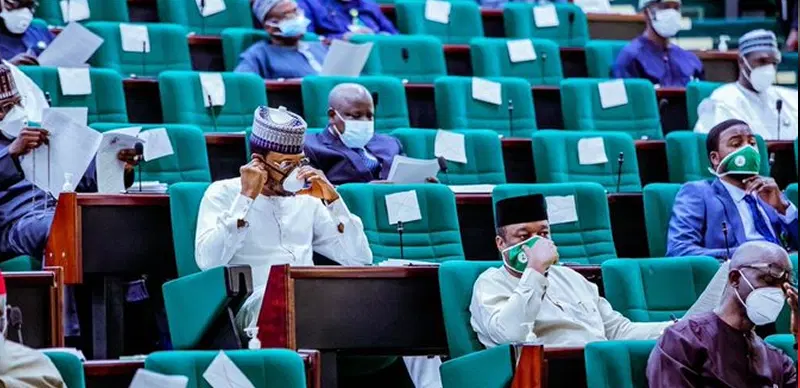Data from the Federal Government indicates Nigeria’s oil output surged to 1,426,574 barrels per day in January 2024. This news caused the global benchmark for crude, Brent, to rise to $83.19/barrel on Tuesday evening, moving up $1.19 from its overnight price.
The PUNCH stated that, Nigeria would receive more foreign cash due to the small increase in crude oil prices and the rise in its output. Nigeria’s main source of foreign exchange earnings is the sale of crude oil.
A Federal Government agency, the Nigerian Upstream Petroleum Regulatory Commission, reported in its most recent data on crude oil and condensate production that Nigeria’s output increased by 91,476bpd in January 2024 compared to the production number of 1,335,098bpd in December 2023.
The data from NUPRC indicates Nigeria’s oil production increased to 1.64 million barrels/day in January 2024 from 1.55 million barrels/day in December 2023 with the addition of condensate.
In order to achieve the oil production limit set by the Organisation of Petroleum Exporting Countries, the Federal Government of Nigeria has been working hard to raise oil production and decrease pipeline vandalism.
The NUPRC Chief Executive, Gbenga Komolafe, supported this on Tuesday by announcing that the commission had taken action to address issues plaguing the oil and gas industry and increase oil production.
During his national address at the Petroleum Technology Association of Nigeria Sub-Saharan Africa International Petroleum Exhibition and Conference in Lagos, he revealed this.
According to Komolafe’s speech, which was made available to journalists in Abuja, Nigeria produces 1.586 million barrels of oil on average per day, of which 1.33 million are liquid and 256,000 are condensate.
He went on to say that among the actions taken by the commission were increased accountability and transparency in the measurement and accounting of hydrocarbons, cooperative work programme administration with the exploration and production companies, and careful oversight to guarantee that they fulfil their work programme commitments.
Some of the other strategies are to identify candidate wells for work-over and interventions, adopt enhanced oil recovery processes and technologies, optimise production by ensuring wells are tested on a regular basis and produced at optimal rates and accelerate field developments through timely approvals and expedited execution.
Komolafe said that the oil and gas sector was going through critical changes that would have a big impact on the future of global energy, emphasizing that the global energy landscape was now going through rapid changes in response to climate concerns.
“To ensure energy justice, equity, inclusivity and sustainability, the evolving energy dynamics must be calibrated for Nigeria and other resource-rich developing economies.”
“The NUPRC head said that Nigeria and other nations, whose economies have long depended on the extraction of oil and gas, must reevaluate their strategy to secure a blossoming energy future while meeting the global climate goals, given the new dynamics in the global energy arena.”
Still, he pointed out that Nigeria was endowed not only with hydrocarbon resources but also with potentials for green and blue hydrogen, solar, wind, biomass, and crucial minerals for the development of clean energy technology, not to mention a growing population that was primarily composed of young people.
“Nigeria represents hope for Africa with its coastline along the Gulf of Guinea and a market size of over 200 million people projected to reach between 390 million and 440 million people in 2050.”
He informed his audience that Nigeria intended to use its enormous natural gas reserves to support its energy transition plan and expand its economy.










